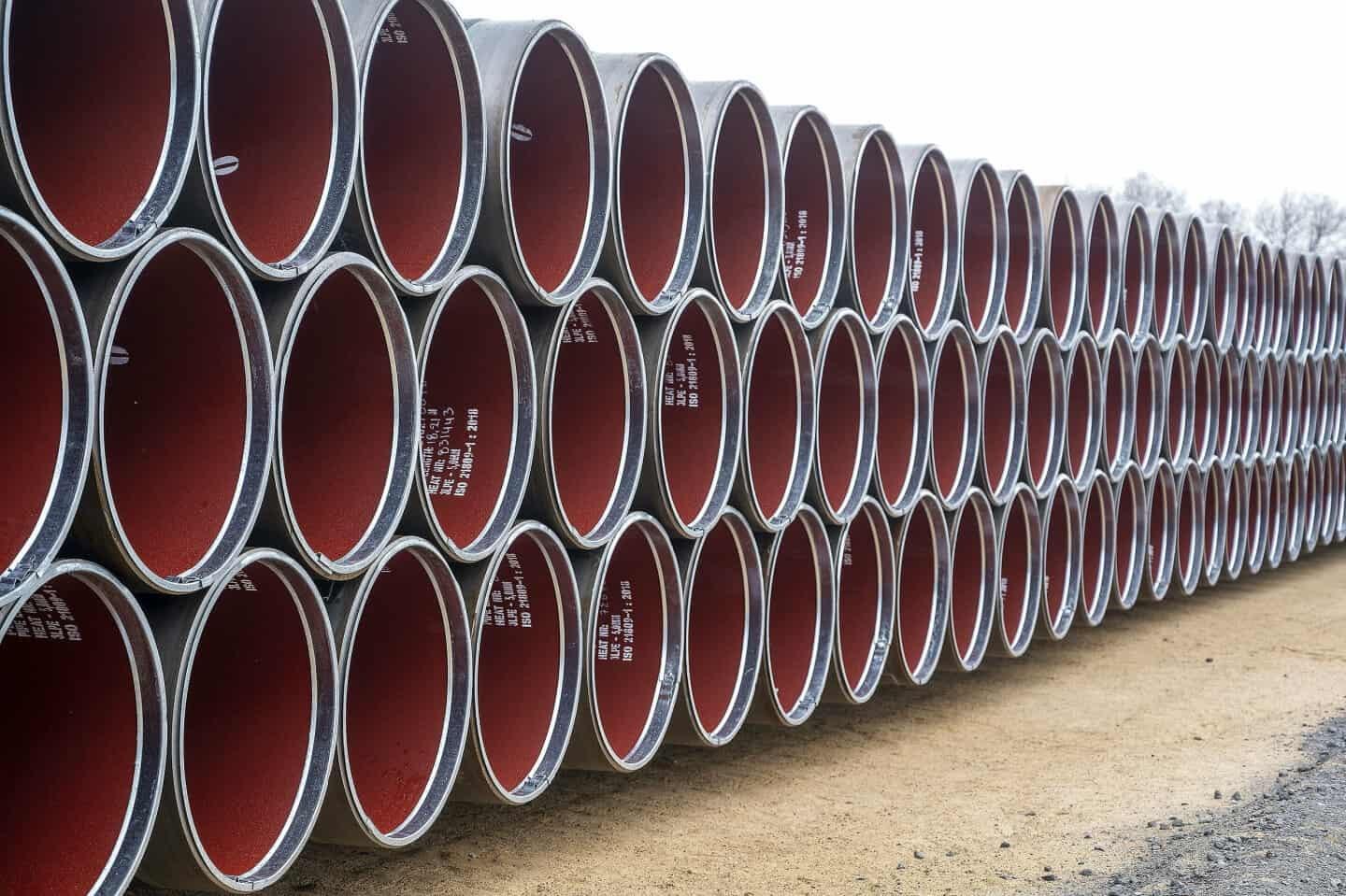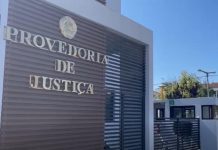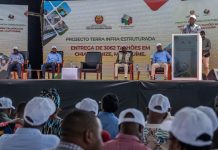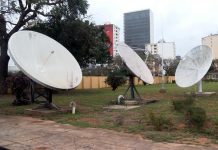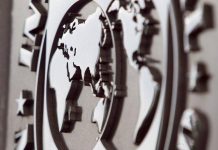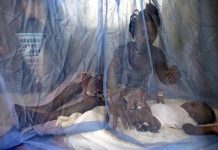Africa-Press – Mozambique. Mozambique should stop natural gas exploration in the north of the country and invest in renewable energy, argues environmental organisation Friends of Earth, which is going to court in December to block British funding for the project.
“We believe that the transition should be to renewables. That is where the UK should put its support and money, ensuring that countries like Mozambique make the leap over gas and go straight to renewables to meet environmental targets,” activist Tony Bosworth told Lusa on Monday.
The British government revealed last year that it would contribute up to £1.15 billion (€1.36 billion at the current exchange rate) to the liquefied natural gas (LNG) project in northern Mozambique via the UK Export Finance (UKEF) agency.
The British agency is one of the funders of the project led by France’s TotalEnergies in Cabo Delgado province, which, due to attacks by armed rebels, is suspended and not expected to start operating until after 2016.
The Friends of Earth organisation wants this investment to be declared illegal in light of the commitments to reduce greenhouse gas emissions under the Paris Agreement and has initiated a judicial review process.
Hearings at the High Court in London are scheduled between 7 and 9 December, but the decision is not expected to be announced until later.
Bosworth said that the UK, as the host country for the COP26 climate summit, which takes place in Glasgow between 31 October and 12 November, should “show the world that it is serious about tackling climate change and withdraw funding for the natural gas project in Mozambique”.
The organisation disagrees with the report produced by the Tony Blair Institute, which warns the international community about the consequences of cancelling funding for this type of project in underdeveloped countries.
If high-income countries “limit development opportunities, for example by suspending funding for gas-fired power, without making provision for equally affordable alternatives, they risk condemning countries to continued poverty and food insecurity”, warned the former British prime minister in the document “A Just Transition for Africa: Advocating a Fair and Prosperous Path to Zero Emissions”.
Economist Michael Jacobs, the former special adviser to former British Prime Minister Gordon Brown, considered this viewpoint, pointing out that Mozambique currently emits very little carbon dioxide.
“It’s the responsibility of the developed countries, the richer countries and the advanced economies to do the maximum [in greenhouse gas reductions]. And I think it’s very, very difficult to tell a really poor country that it simply shouldn’t use the resources it has,” he told Lusa.
For this British expert, Mozambique is an example of a conflict at the centre of negotiations on climate change at COP26.
“The international climate negotiations are a question of justice, about who has to make the effort and who has the responsibility historically,” he summarised.
For More News And Analysis About Mozambique Follow Africa-Press

